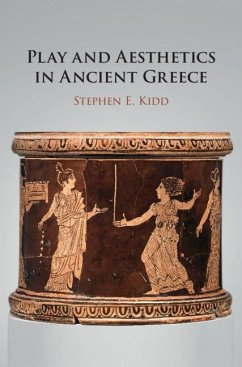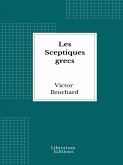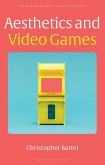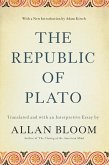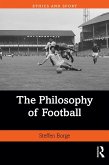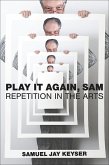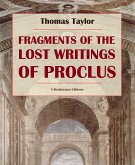What is art's relationship to play? Those interested in this question tend to look to modern philosophy for answers, but, as this book shows, the question was already debated in antiquity by luminaries like Plato and Aristotle. Over the course of eight chapters, this book contextualizes those debates, and demonstrates their significance for theoretical problems today. Topics include the ancient child psychology at the root of the ancient Greek word for 'play' (paidia), the numerous toys that have survived from antiquity, and the meaning of play's conceptual opposite, the 'serious' (spoudaios). What emerges is a concept of play markedly different from the one we have inherited from modernity. Play is not a certain set of activities which unleashes a certain feeling of pleasure; it is rather a certain feeling of pleasure that unleashes the activities we think of as 'play'. As such, it offers a new set of theoretical challenges.
Dieser Download kann aus rechtlichen Gründen nur mit Rechnungsadresse in A, B, BG, CY, CZ, D, DK, EW, E, FIN, F, GR, HR, H, IRL, I, LT, L, LR, M, NL, PL, P, R, S, SLO, SK ausgeliefert werden.

